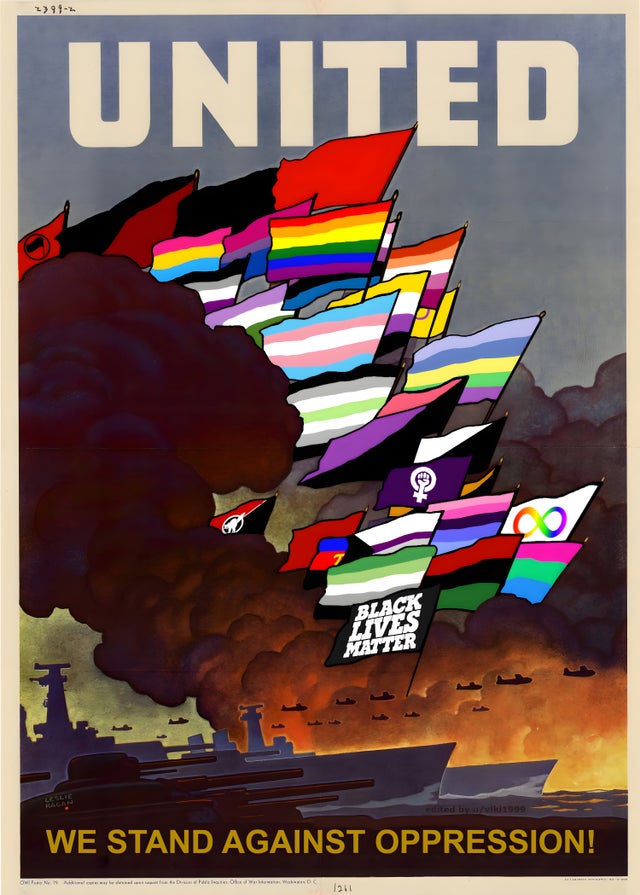Most of the cultures in the non-colonial solarpunk universe – written about here, here, and here – are also in your crappy universe. The Merina, the Marra, the Māori are all there – but with more dignity, able to look anyone in the eye as an economic and cultural equal.
Yet technology has also created newer cultures not seen on Terra. These new groups couldn't but follow the only pattern they know: living in mutual aid groups self-sufficiently within the ecological limits.
One such neo-tribe is the Cloud Nomads. Sky Truckers. They emulate the traditional nomadic groups that surround them, but with the new addition of solar-powered airships.
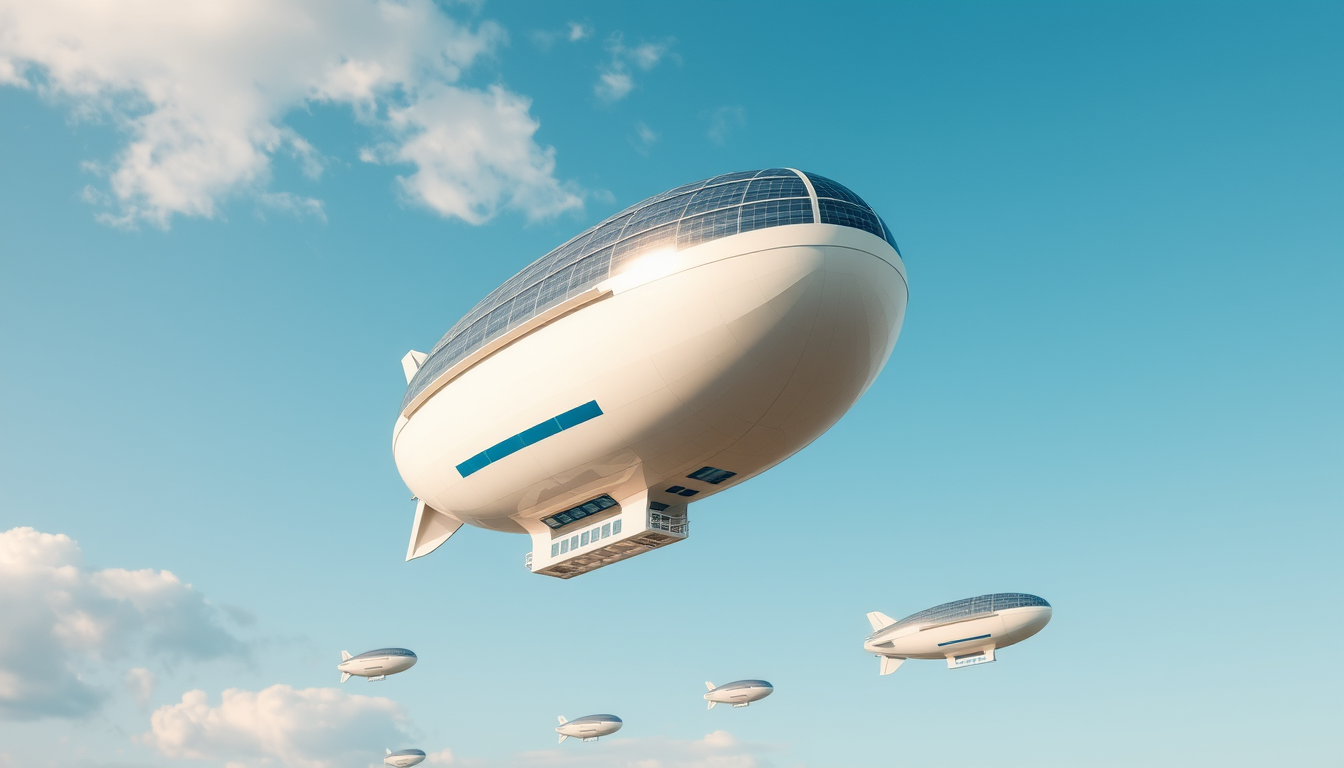
Their ships are solar-powered, taking advantage of the higher solar irradiation found at high altitudes. The typical ship is similar in size to the LCAT60T airship in your universe. That means is has about 60 metric tonnes of lifting power. About 65% of this is for hauling cargo. The rest? That's home. Your home in the clouds. An airship might be home to about 22 people: their bedroom, bathroom, shared kitchen all lightly lifted by a helium-hydrogen mix.

Everything must be light. We love balsa wood. Some furniture is made using tensioned bits of fabric and rope. Light and airy. As a crew member, you are allowed 1000kg (less on some ships) for everything: that's your bed, your water ration, your body, everything. Better bring an e-reader.

We like silk, it's is a part of our lifestyle. From the year 2031 onwards, we start to use a lot of spider silk the biopunk guild has learned how to produce. We use it for clothing and rigging, and in the construction of our ships. Spiders are creatures of the sky.
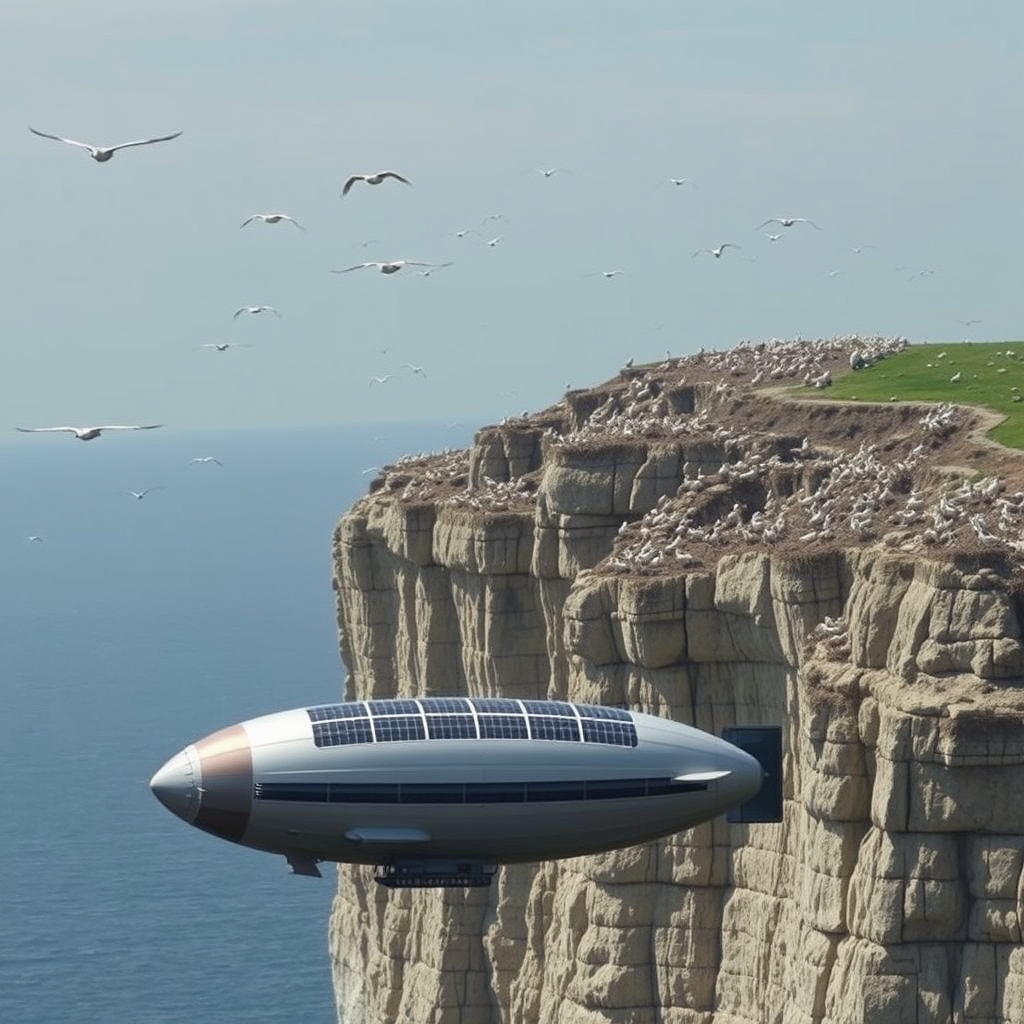
Karl Marx said: "Trading nations, properly so called, exist in the ancient world only in its interstices, like the gods of Epicurus in the Intermundia, or like Jews in the pores of Polish society."
This world doesn't depend on trade much, yet there is some. Sky Truckers play an important rôle in that trade: bringing goods to spots that aren't easily reached by sea or other means. Other cultures are nearly totally self-sufficient. The Sky Truckers a little less so, they are Marx's intersticial tribe. They are self-sufficient for energy and water, but only half so for food. Cloudmen depend on landlubbers for some food, heavy industry, and of course for their ships to be built. Yet they harvest the food of the sky as much as they can: it would be unthinkable to not feed yourself.
Some cultures live by a sacred river that gives them life. The cultures of the Sahara manage their qanat through the generations. Skymen have no rivers or wells: they live on clouds. Their ships can unfurl a mesh net like the wings of some immense mechanical bat, and fly through a cloud, filling its tanks with the purest of water. (These tanks are only big enough to hold a few days' water: lightness is always on their mind.)

Eat the sky. Ancient Greeks ate lots of species of birds, including mallards, pigeons, blackbirds, larks, sparrows, and cranes.
You idiots hunted the passenger pigeon to extinction but our world did not. They're a reliable food source when our wanderings take us to North America.
We go to Africa in June-August and participate in the quelea hunt with nets deployed from our ships. For small birds, the trick is to remove the head and feet and then cook 'em whole; you can eat the bones 'n' all: just crunch it down! The stewing softens those small bones anyway.
There's also edible pollens in the air, and technology in later eras allowed these to be sucked up efficiently. A high pollen count is 10g per m³ which is really quite a lot of food if you think about it. This PDF says they "found the most pollen at 600 meters" – up in the realm of the Cloud Nomads.

This culture is the least 'permanent' of all cultures in the solarpunk world. Typically, people follow this lifestyle for a few years in their 20s and then go home. It is an exciting life because we travel to festivals bringing equipment in and out, travel to disaster zones delivering emergency aid. We are young, able-bodied people, good with knots and rigging, good with our hands.
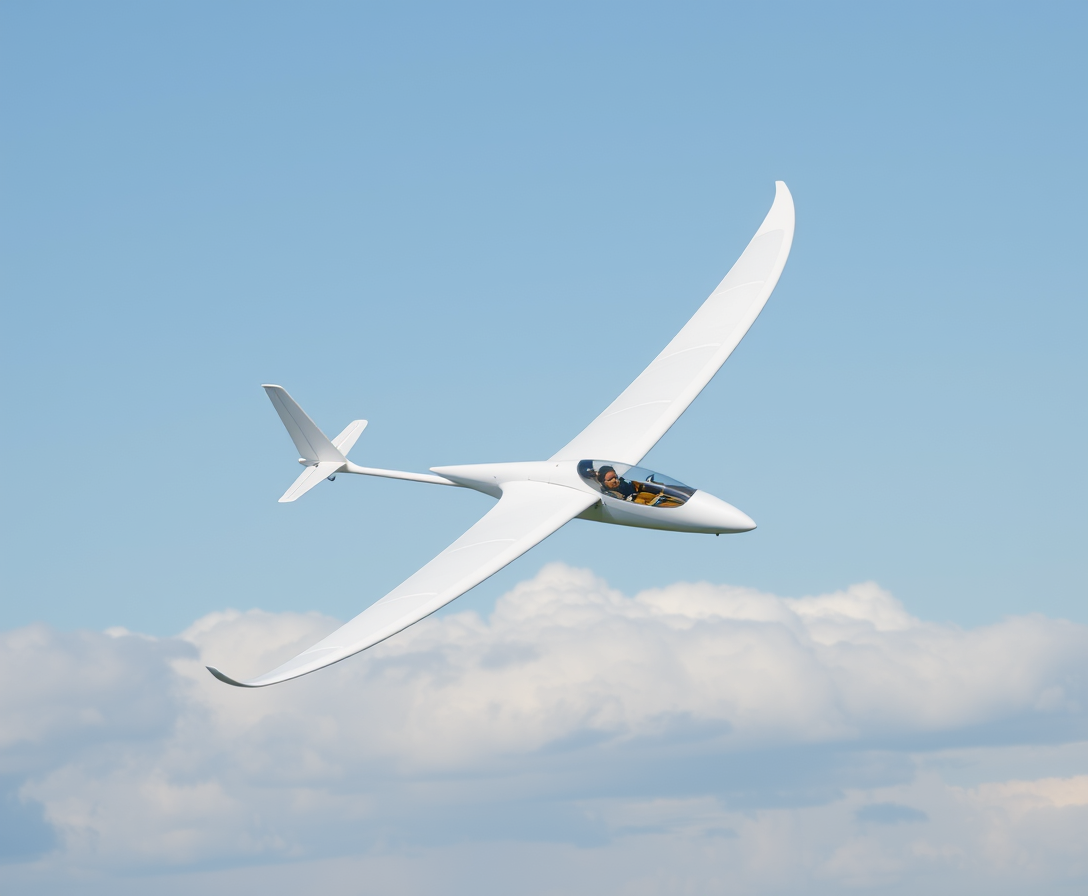
The gliders in the cargo deck become lifeboats in the worst-case scenario, but normally they're used on hunting trips. I love to take my glider out from the bottom deck and hunt big game high in the sky. The Southern screamer is an "excellent flier and soarer" and has as much meat as 1½ chickens. (It is eaten somewhat in your dumb universe too.) The most coveted game is the whooper swan, the Canada Goose. Mallards are also pretty good. Radar helps us find game. Eating swans and pigeons might seem weird to you, but it wasn't to the Ancient Greeks and Romans, for example.
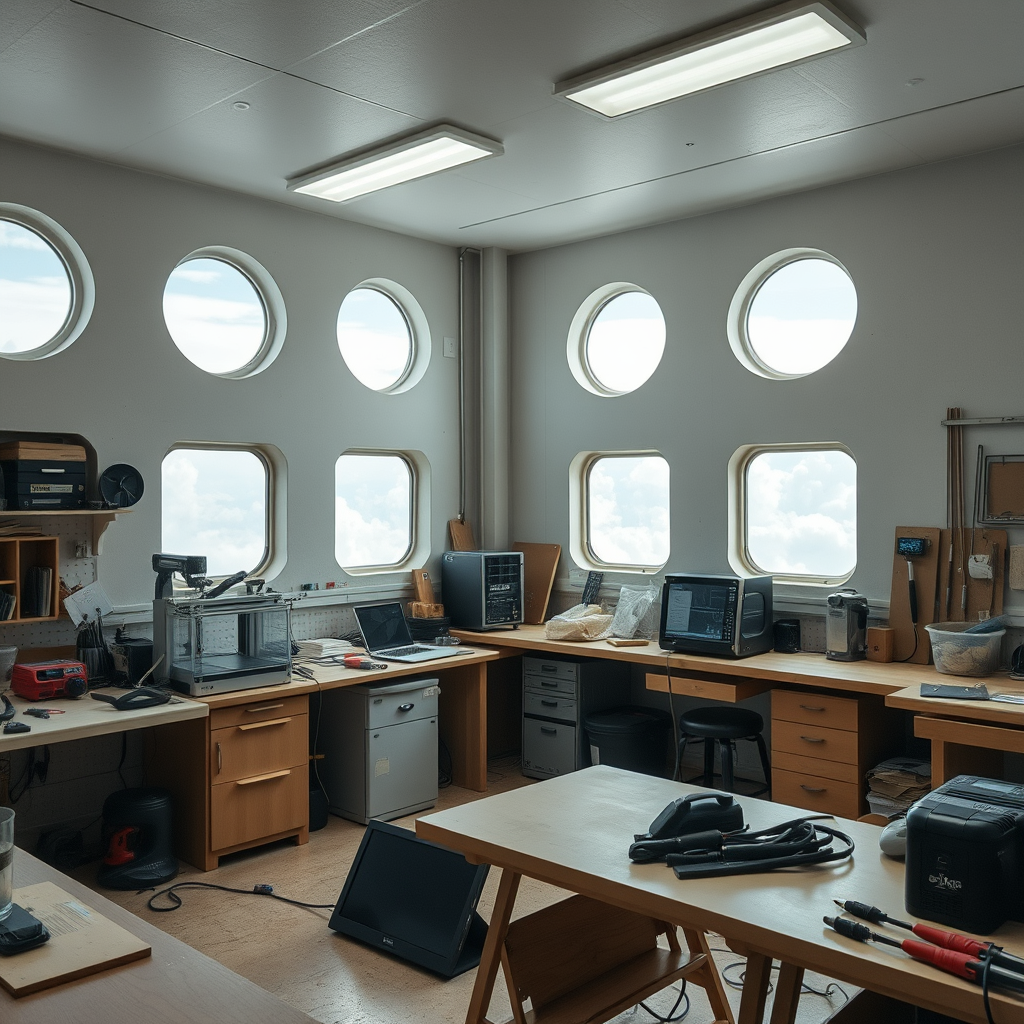
The pattern of nested mutual aid groups is universal. Among Bedawin down below on the ground, several 'bayt' form a 'goum'; among the Yolŋu, several 'Ḻikan' confederate into a 'Bäpurru'. Here in the sky, you and your shipmates help each other with cooking and loading/unloading cargo, while your fleetmates support you in other ways. A typical fleet has 28 or 29 airships, each averaging 22 souls. You probably don't have a doctor on your airship with you, but your fleet has a doctor. One ship has the shared Fabrication Workshop (pictured above). One ship has the nightclub.
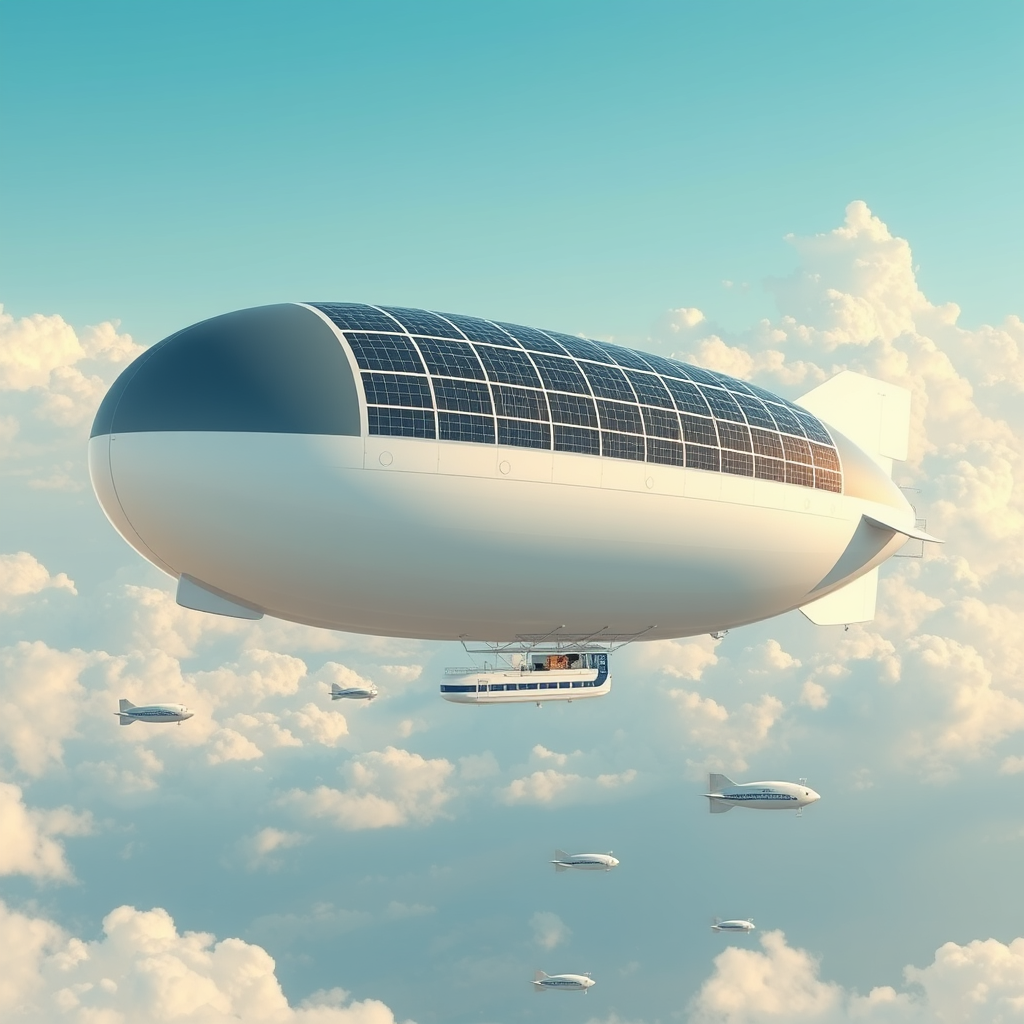
We can cover 2000km in a day when we need to, or more if the wind favours us. A fleet can haul 1000-1100 metric tonnes (28-29 ships with 30-40 tonnes of cargo). When we show up, we can set up a festival in 72 hours, evacuate 4000 people from a disaster area. That is our power, that is our contribution to the wider world. In return, they provide us the things we can't get in the skies. This agreement is formalised at the highest levels of the democratic federal assemblies.

Our storytelling nights are rich with wild stories of UFOs, as well as tales of the roc and Pouākai. One guy in my fleet claims he has seen the 'jellyfish UAP' you might have heard about.
Thanks for reading! Hope you enjoyed the post!
What should I ask my contact in the multiverse about next? Preferably don't focus on the negative.
Next post be about –
- The three moneyless economic mechanisms: mutual aid, contract, and n-sided computerised barter.
- Maritime. The world has many traditional seafaring cultures.
- Some particular region? You choose. (e.g Māori New Zealand, the Arctic cultures, North America
- Solarpunk householding: heating fuel, storage cellars, composting toilets, community gardens
- The formal political structures. The equivalent of the U.N.
- Legal systems and dispute-resolution. Law without lawyers, cops, or prisons. What happens to murderers and thieves? I've researched the history/anthropology of this a lot.
I found a YouTube link in your post. Here are links to the same video on alternative frontends that protect your privacy:
